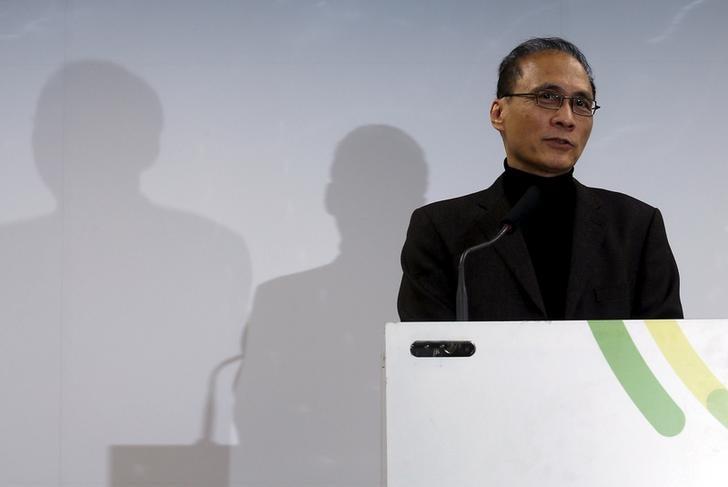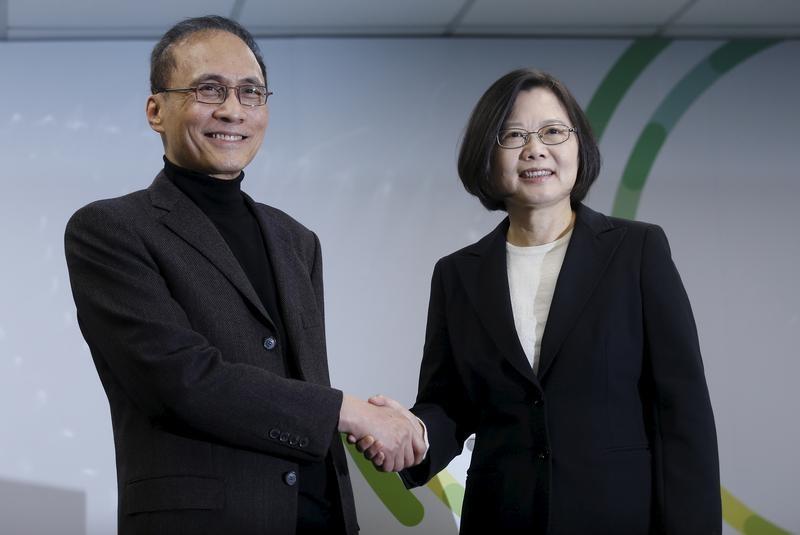TAIPEI—Taiwan’s President Tsai Ing-wen has accepted the resignation of Premier Lin Chuan, the ruling party said on Monday, a departure that had been widely expected because of the president’s falling public support.
Taiwan presidents often shuffle premiers in response to dips in popularity. Lin had faced mounting pressure to step down as Tsai’s popularity plummeted to 29.8 percent by August, a private foundation survey has shown.
When she took office in May 2016, her approval rating was as high as 70 percent.
“The president has accepted his resignation after sincere talks,” Tsai’s Democratic Progressive Party (DPP) said in a statement.
Under Taiwan’s system, the president is the more important office, holding the jobs of commander in chief and head of state. The prime minister is appointed by the president to lead the cabinet.
Tsai is likely to be looking ahead to her 2020 re-election campaign.
Frozen relations with China, a backlash over pension reforms and a revised labor rule, among other controversies, have put pressure on her to replace Lin, in preparation for that campaign.
Lin said the party had “reached a point where we must embark on the next stage of the mission”.
“So I’ve resigned to pave the way for the president to re-organize her team and resources for that purpose,” he said.
The presidential office said a new premier would be announced on Tuesday.






